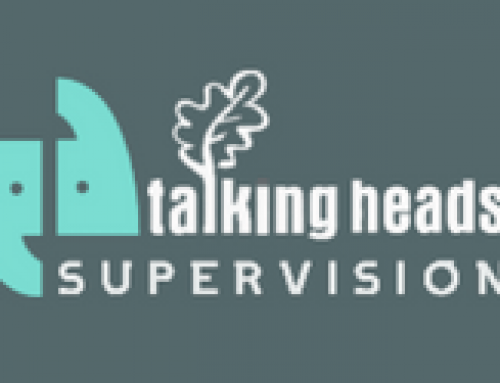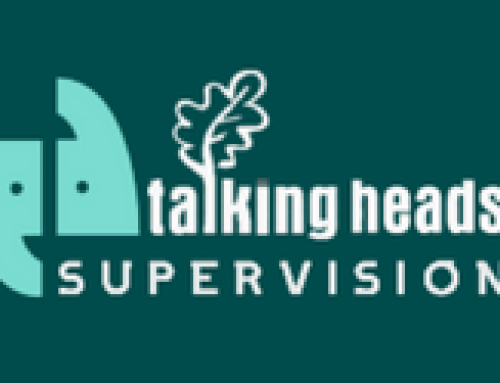
(Deep sigh)… as I hear yet another ‘education expert’ commenting with infuriating obtuseness about the growing clamour for Ofsted inspections to be paused in light of Ruth Perry’s death. Like many fellow headteachers, I have been deeply affected by this news story. I feel very sad for Ruth and her family, yet I only recently realised that after 26 years in education in a variety of leadership roles, I have never felt so unsure about voicing my opinions in public.
At this point in my short narrative, I can tell you about the professional life-changing role of supervision in my last 2 years of headship. Following an all-time low and loss of confidence in my professional role in the summer of 2021, I turned to the support of Talking Heads to get me out of a scary dead end: burnout as was described by the medical profession at the time. Ever since this moment, I have found the time and space to engage in a monthly dialogue (almost exclusively via video call thanks to Covid) with my supervisor Lisa Lea-Weston. The first few sessions were pretty draining. I had a lot to process and I was surprised how much emotion I had kept in check. Gradually, I regained control and began to see supervision not just as an Elastoplast for some emotional scarring, but rather a route map for negotiating a career which can sometimes leave you crippled by anxiety and unable to be decisive and leaderly.
2 years on and I occasionally join my monthly sessions thinking, ‘Things are going well – what will we have to talk about?’ Nevertheless, I seemingly end every session wondering where the time went and how it was that there was so much that I needed to explore. So it was earlier this week, when with 30 minutes left of my conversation with Lisa, I asked about Ruth Perry’s story and had she heard the Radio 4 interview that same morning. Not a particularly controversial piece, but it triggered something in me when the guest ‘education expert’ was asked to comment on calls by many headteachers and indeed Ruth’s family for Ofsted inspections to be paused and for the process to be reviewed. The expert replied that ‘It was not in the best interest of children.’
A pretty safe and ‘straight bat’ comment really and I didn’t really give it much thought at ten past seven in the morning as I was quickly getting my thoughts together for the day ahead. Only, this particular day included my monthly supervision and provided me the safe space to rewind and consider this comment which had actually really angered me. You see, it seems to me that it runs to the heart of the problem in terms of why so many are asking for Ofsted inspections to be reconsidered. It presents a dichotomy that the wellbeing of the adults working with children is somehow unrelated to the wellbeing of children in their care. Getting the balance between accountability and wellbeing of school leaders is absolutely in the interests of children. Since receiving monthly supervision, I have become a stronger, more strategic, safer, more passionate and happier headteacher. Yet, I am sure there are some within the education sector who would still view this kind of support as ‘not in the best interest of children’ simply because they do not accept or appreciate the how such investment in the wellbeing of school leaders is a frontline, bread and butter, back-to-basics investment in the future of children too.
My writing of this blog is also a product of my conversation with Lisa when I realised how much I had lost my voice since becoming head. As a career-driven teacher in the previous 19 years, I had been that annoying person at a training session who always seemed to have their hand up. Yet, in recent times, I seemed to have the confidence sucked out of me and I once again attribute this to an educational system, driven by an Ofsted Framework, which seems to thrive on keeping school leaders in a perpetual state of panic. Cue Flora Cooper – the head who briefly became the unquestionable hero of headteachers across the country when she said no to Ofsted at a time when Ruth Perry’s story was just too raw for a ‘situation normal’ approach from the schools’ inspectorate. If Flora can take such a stand, then surely I can put my head above the parapet and write about my feelings on this matter? As school leaders, we surely have the right to speak truth to power in this way. It is with some irony that I write this on the day when Dominic Raab responds to those who have bravely spoken out about his behaviour by branding them ‘militants’. What kind of leadership do we want in our society? Maybe Dominic Raab would still be in post if he had been having monthly supervision to allow him to critically reflect on his own leadership style and the influence of a high-pressure job.
James Rielly



